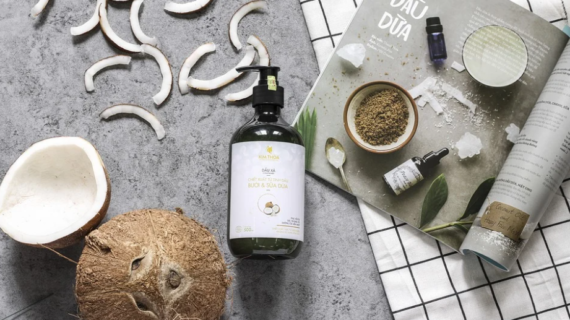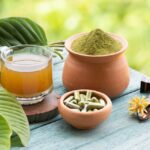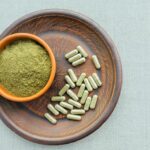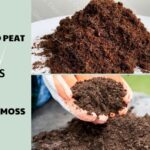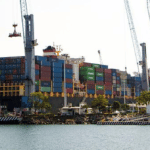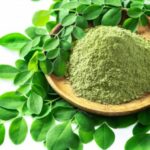Copra is the basic ingredient in the manufacture of coconut oil which is made from dried coconut meat. Specification of copra, derived from the scientific name Cocos nucifera coconut.
Copra is the most important ingredient in the manufacture of oil and its derivatives.
Some of the copra derivative products marketed are coconut oil, biodiesel fuel, butter, cosmetics, soap, and animal feed. In addition to producing marketed products, copra also functions for body health.
These include maintaining the stability of blood sugar, preventing osteoporosis, eliminating bacteria in the body, maintaining heart health, and losing weight.
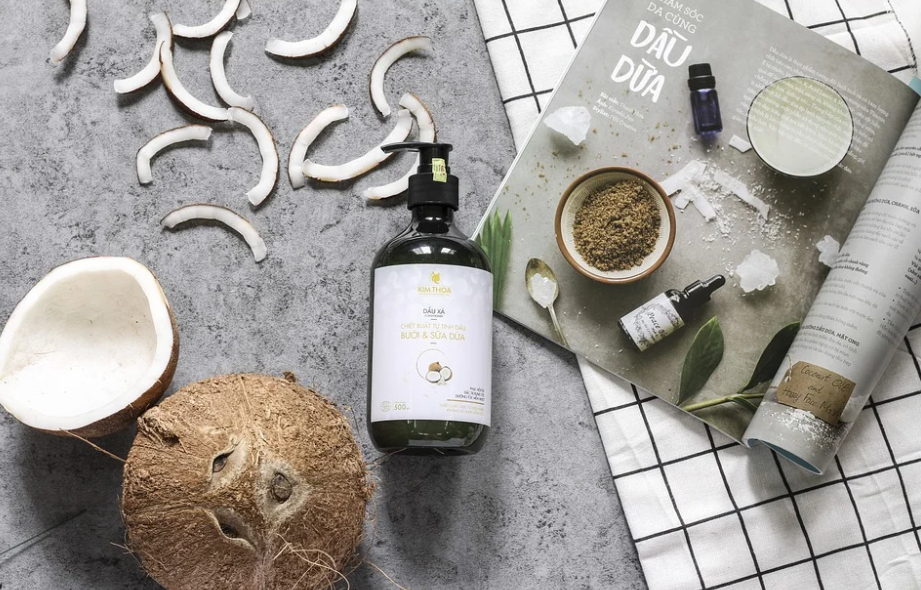
Copra Specification
Specification of copra, which is desiccated coconut, contains 354 kcal of energy. In addition, copra is also rich in carbohydrates and fats.
Other content in copra is protein, vitamins, minerals, and other components in the form of water.
Vitamins in copra consist of various kinds, namely vitamins B1, B2, B3, B5, B6, and C. For mineral content, it consists of calcium, iron, magnesium, phosphorus, potassium, and zinc.
This specification of copra describes the nutritional content that will benefit the body.
The composition of coconut fruit includes coir (35%), shell (12%), flesh (28%), and fruit juice (25%).
While the composition of copra is expected to be water (6-7%), oil (63-64%), protein (7-8%), carbohydrates (15%), minerals (2%), and fiber (3-4%).
Conditions for Making Copra
To make dry copra, the coconut used should not be careless. You need a coconut that has been around for 300 days. The minimum weight allowed for coconut to be made into copra is 3-4 kg.
After the copra has been filtered for oil to be processed again into finished coconut oil, the remaining copra can be used as a by-product. The by-products of copra have a high protein content (18-25%).
Although it has high protein, the remaining copra contains high fiber so it cannot be consumed by humans.
Generally, the copra by-product is given to livestock as feed. Therefore, processing copra also provides benefits to other living things.
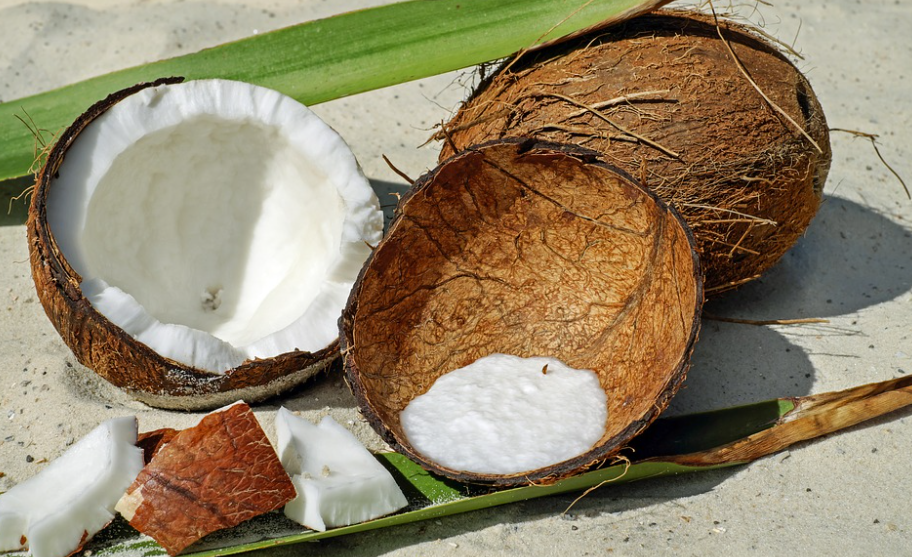
Copra Making Technique
The production of copra must go through drying techniques, both traditional and modern. There are some types of copra drying techniques.
The use of drying techniques should pay attention to the copra, whether to use traditional or modern methods.
Copra with thicker flesh, and when the weather is not favorable, it is better to use modern drying techniques. Can use the oven or smoke.
Traditional copra drying techniques can take advantage of sunlight. While modern drying techniques can use an oven, fumigation, or a room with a plastic cover.
Copra with good quality has a water content of between 6-7%, so it is not easily exposed to nuisance organisms. Poor quality in copra is usually caused by bacterial and fungal attacks.
Bacterial and fungal attacks will increase if the water content in copra is high. In addition, the ambient air humidity reaches 80%, and the atmospheric temperature reaches 30⁰C.
Fungi that often attack copra are Rhizopus sp, Aspergillus niger, and Penicillium glaucum.
Drying With Traditional Technique
The stages in the traditional drying process are not fully based on the actual process taking place. Then, the general equipment is not exactly, or not completely, adapted to the consumer’s desired material.
The degree of the maturation process was not examined quantitatively. Lack of consideration for planning based on principles is a characteristic of traditional copra making.
That’s the specification of copra, as the basic ingredient for making coconut oil. As for the derivatives of various kinds of copra products, such as diesel fuel, butter, cosmetics, and so on.
